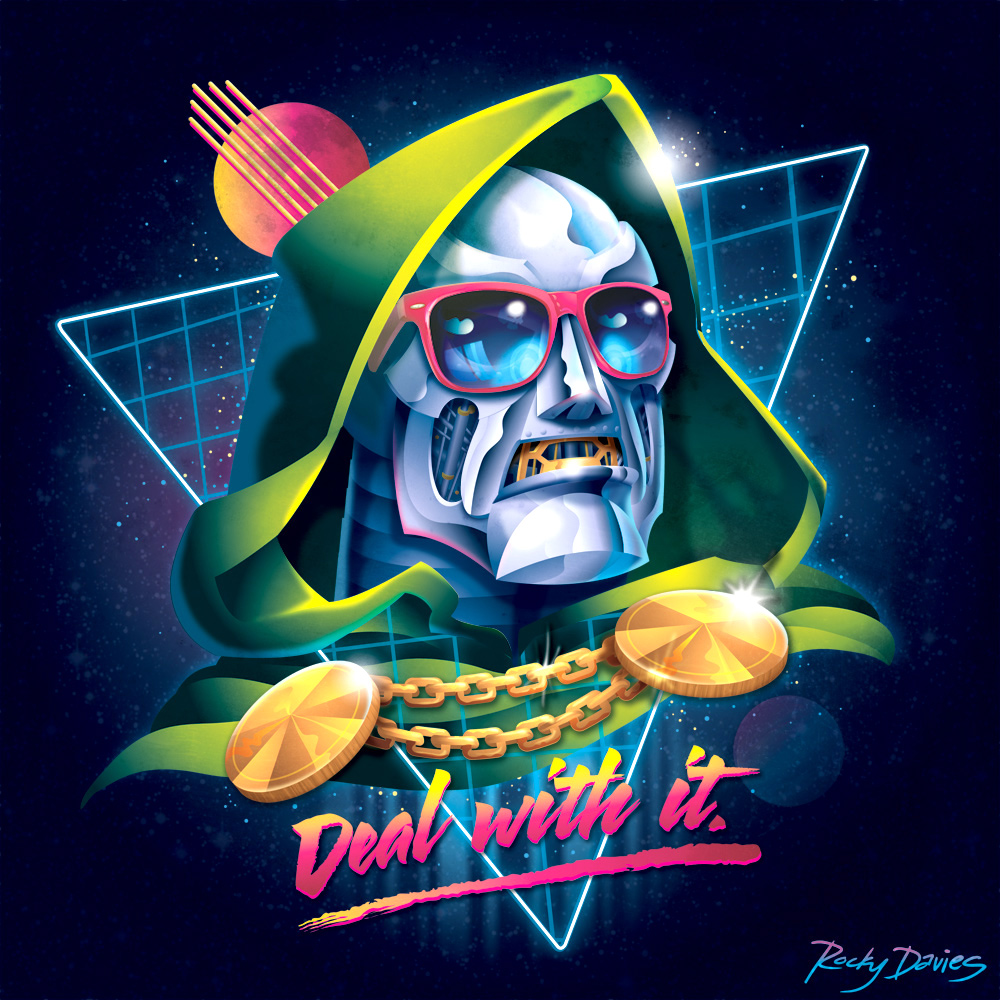We now know that Enver Hoxha, not Mao, was the first to come out openly against Khrushchevite revisionism, and did not vacillitate like the Chinese revisionists did on the question of “anti-Stalinism” in the USSR and Yugoslav revisionism, which served American imperialism.
— Espresso Stalinist.
After the Hungarian uprising Yugoslavia’s relations with the USSR cooled significantly in the 1957-1960 period. It was during this time that Hoxha was able to come to the defense of Stalin at the Plenum of the Central Committee of the Party of Labour of Albania on February 13, 1957. The author of the following work cited notes on the same page that, “After having defended the Soviet Union for her action in suppressing the Hungarian revolt and denouncing Yugoslav ‘revisionism,’ he declared that all campaigns which the imperialists and revisionists had started against Marxism-Leninism, against communism, were carried out under cover of struggles against ‘Stalinism.’”
“We are not in agreement with all those who attempt to discount the entire positive revolutionary side of Stalin, as experience, and who see only the black side of it . . . As is known, J. V. Stalin was a great Marxist. After Lenin it was he who protected Marxism-Leninism on all sides from revisionism and contributed greatly to the further development of science. Great merits are due to him in the preparation and development of the October Revolution, in the building of the first socialist state, in the historic victory over the invading fascists, in the development of the international communist and workers’ movement. For all these deeds Stalin enjoyed great authority, not only in the Soviet Union but throughout the world. But as is known, the propagation of Stalin’s personality cult caused serious mistakes and many violations of Soviet law. For that reason the Soviet Communist Party was fully justified in criticizing Stalin’s mistakes. In spite of all these mistakes, Stalin remains a great Marxist-Leninist. Stalin was never mistaken in such questions as the protection of the interests of the working class and of Marxist-Leninist theory, the fight against imperialism and against the other enemies of socialism. He was and remains an exemplary figure. Stalin’s tragedy was that when he made these serious mistakes he thought they were necessary for protection of the revolution.”
(Enver Hoxha, quoted by Stavro Skendi in Stephen D. Kertesz (Ed.). East Central Europe and the World: Developments in the Post-Stalin Era. Indiana: University of Notre Dame Press. 1962. p. 204.)
The source given for Hoxha’s speech itself is Rruga e Partisë, Tirana, IV (February 1957), pp. 22-23.

